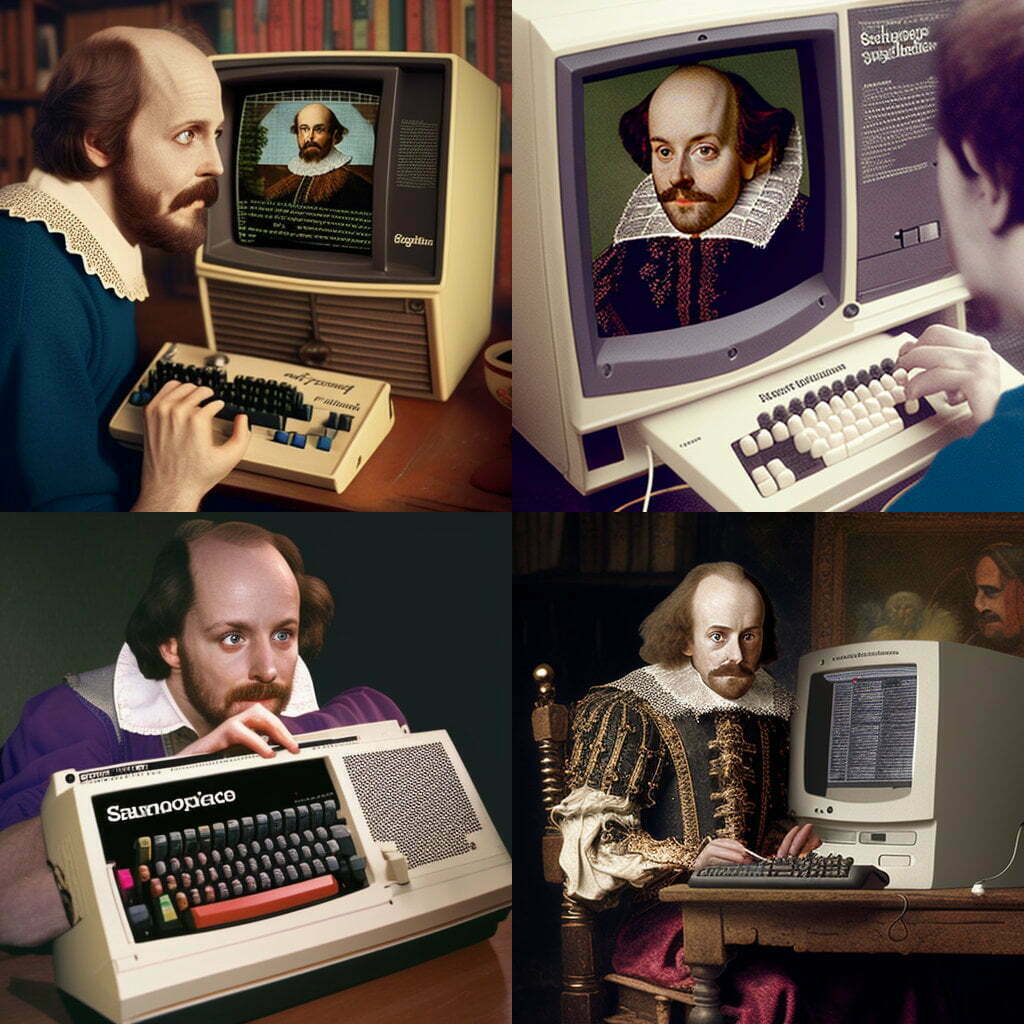
That's it. That's the post. Fine! I'll expand a little more. Large Language Models are a type of Artificial Intelligence. They can read text, parse it, process it using the known rules of English, and then regurgitate parts of it on demand. This means they can read and parse a question like "In Python, how […]
Continue reading →

(Mostly written in response to this issue on the Awesome Falsehoods list) For those new to the format, there is a popular meme about things which computer programmers erroneously believe. This isn't intended to shame anyone - just to point out things which may not be immediately obvious to the neophyte. There's nothing us Brits […]
Continue reading →

Because I'm a grumpy old man, I don't use Gutenberg or Block themes on my WordPress. Instead, I write everything in Markdown. When I write code snippets in Markdown, they look like this: ```php $a = 1; echo $a; if ($a < 5) { // Do Something return thing( $a, true ); } ``` But […]
Continue reading →

I've been thinking about programming languages and their design. In her book about the divergence of the English and American languages, Lynne Murphy asks this question: wouldn’t it be great if language were logical and maximally efficient? If sentences had only as many syllables as strictly needed? If each word had a single, unique meaning? […]
Continue reading →

I made my own tofu a few weeks ago0. I got soy milk, heated it, mixed in coagulants, drained it, pressed it, sliced it, then cooked it. And, you know what? I'm not sure it was worth the effort. It tasted basically fine - no different to any shop bought tofu. It wasn't noticeably cheaper, […]
Continue reading →

A few weeks ago I was moaning about there being no OpenBanking API for personal use. Thankfully, I was wrong! As pointed out by Dave a company called Nordigen was set up to provide a free Open Banking service. It was quickly bought by GoCardless who said: We believe access to open banking data should […]
Continue reading →

I think the computer programming industry is about to reach a reckoning. No, not because ChatGPT can poorly plagiarise buggy code - but because a whole generation of kids have grown up with Scratch. And they'll want professional tools which have Scratch's level of usability. Hand-coding YAML files is a mug's game; one wrong whitespace […]
Continue reading →

At a recent OpenUK meetup, one of the participants declared that Open Source had comprehensively won. While businesses might not always release their proprietary source code, 100% of everything they wrote used an open source programming language. I wondered how true that was. You can, perhaps, moan about the shenanigans around Java's licencing and you […]
Continue reading →

(This is a rant because I'm exhausted after debugging something. If you've made RegEx your whole personality, I'm sorry.) The other day I had to fix a multi-line Regular Expression (RegEx). After a few hours of peering at it with a variety of tools, I finally understood the problem. Getting that deep into the esoteric […]
Continue reading →

Why do most programming languages use the / character when we have a perfectly good ÷ symbol? Similarly, why use != instead of ≠? Or => rather than →? The obvious answer is that the humble keyboard usually only has around 100 keys - and most humans have a hard time remembering where thousands of […]
Continue reading →









